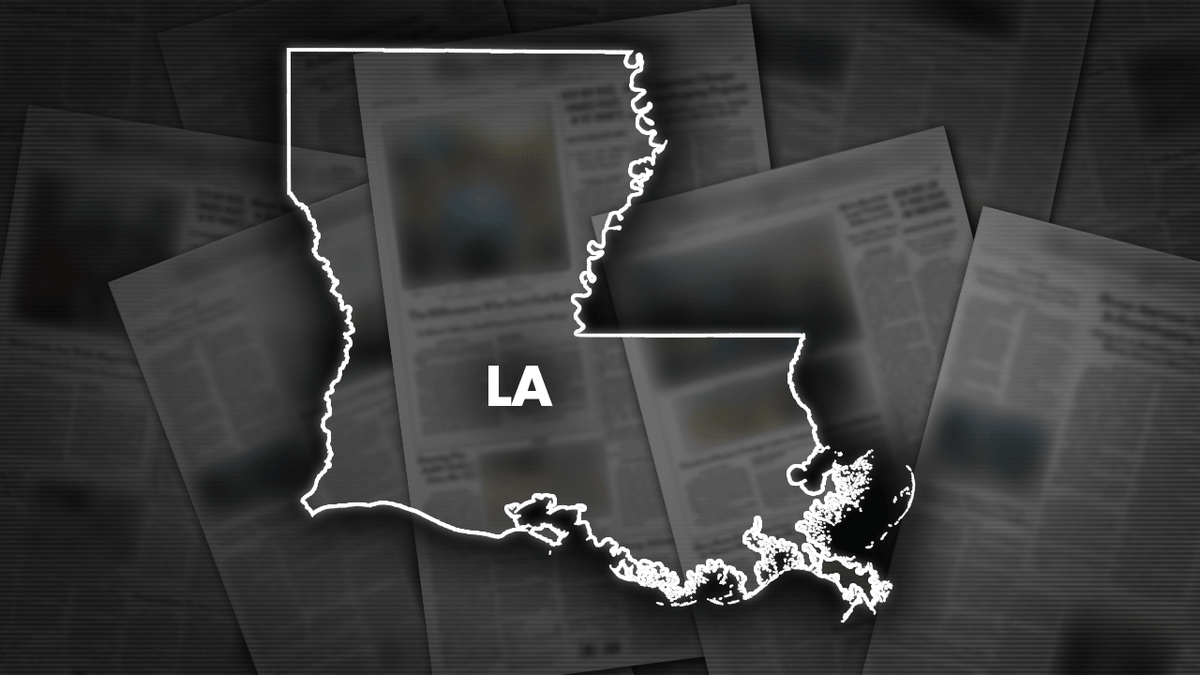Fox News Flash top headlines for November 23
Fox News Flash top headlines are here. Check out what's clicking on Foxnews.com.
Footage of a fatal traffic stop in central Louisiana between a Black motorist and white officer, which spiraled into a 30-second struggle on the ground before the officer fired his weapon, has been released by state police.
Ben Crump, a prominent civil rights attorney representing the family of Derrick J. Kittling — the 45-year-old motorist fatally shot in the head during the incident — called the death "unwarranted" and "completely preventable."
In addition, Crump demanded that the officer involved — Rapides Parish Sheriff's Office Deputy Rodney Anderson — be fired and accused him of profiling Kittling. The deputy has been placed on administrative leave while Louisiana State Police investigate the incident.
"Law enforcement officers who act without consideration of the deadly consequences of using force should not be serving our communities," said Crump, who has taken on some of the nation’s most high-profile police killings of Black people, including representing the families of Trayvon Martin, Breonna Taylor and George Floyd. "This community deserves to know that law enforcement in their communities will protect and serve, not inflict deadly harm."
Video of the Nov. 6 officer-involved shooting — recorded on the deputy’s body-worn camera, the dashboard camera in his patrol vehicle and also taken by a nearby bystander — was released Sunday, "to give the community a better understanding" of the case, Lt. Melissa Matey, a state police spokesperson said.
The video begins with Anderson pulling over Kittling, who is driving a pickup truck, in a residential area of Alexandria around 1:20 p.m. for a "violation with his window tint and modified exhaust," Col. Lamar Davis, the superintendent of Louisiana State Police, told reporters Sunday.
After Kittling stops the truck, he gets out — without being prompted — and takes a few steps away from the vehicle. Anderson proceeds to tell Kittling three times to walk to the back of the truck and also tells him to keep his hands out of his pocket. Kittling complies.

Video footage of the Louisiana fatal police shooting has been released by the state police. The deputy involved has been placed on leave while the Louisiana State Police investigate the shooting.
As Anderson walks to Kittling he says, "Face the back of your — face your truck for me. Face the truck."
"What's the issue?" Kittling asks while looking at the deputy.
"Because you're agitated. You're turning around and you ain’t followin’ nothing," Anderson replies, grabbing Kittling's wrist.
"I am following. I don’t hear," Kittling responds, making a gesture with his free hand to his ear. He then asks the deputy if he can get his phone, and Anderson tells him while continuing to hold his wrist, "We’ll get to that. Just turn and face the truck."
Anderson grabs Kittling’s wrist with both hands, as Kittling asks "What I did? What’s wrong with you? Why you grabbin’ on me, man?"
NEW ORLEANS BECOMES MURDER CAPITAL OF AMERICA, OVERTAKING ST. LOUIS
The deputy tells Kittling to put his hands behind his back multiple times — grabbing the man's wrists — as Kittling asks, "For what?"
At no point in the recorded interaction did Anderson tell Kittling why he was pulled over. When asked whether Anderson followed proper procedure for a traffic stop, Davis said he was unsure of the sheriff's office policies and protocol.
Anderson can be seen unholstering his Taser at which point a struggle ensues, with Kittling grabbing the deputy's wrist and both men seen falling to the ground.
As the men scuffle, Anderson’s body camera shows an up-close struggle during which the Taser can be heard deploying twice. It is not clear from the footage whether the Taser prongs hit either man. At one point, state police said Anderson lost possession of his Taser and Kittling retrieved it. Seconds later a shot from the officer’s firearm is heard.
"Shots fired. Shots fired," Anderson says into his radio. He walks back to his SUV, with Kittling motionless on the ground. "Shots fired. One subject down. Gunshot wound to the head. I’m bleeding from my head."
CLICK HERE TO GET THE FOX NEWS APP
Kittling was transported to a local hospital, but was pronounced dead. Anderson had minor injuries, according to law enforcement.
Davis asked the community to "remain patient as we continue to conduct a very thorough investigation."
"There are witnesses that we have to interview. We have additional evidence that we have to secure ... what’s next is to continue to conduct a very thorough investigation," Davis said. "We’re not going to take any shortcuts. We’re going to turn over every stone we can to make sure that we get the facts for this investigation."










































